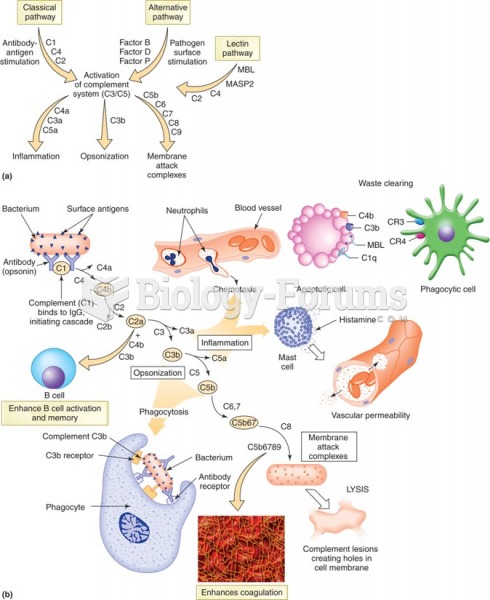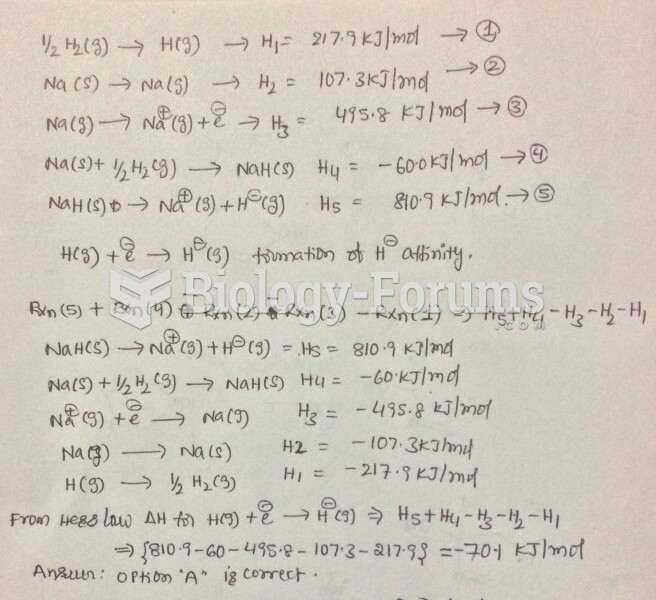|
|
|
More than 30% of American adults, and about 12% of children utilize health care approaches that were developed outside of conventional medicine.
Intradermal injections are somewhat difficult to correctly administer because the skin layers are so thin that it is easy to accidentally punch through to the deeper subcutaneous layer.
Thyroid conditions cause a higher risk of fibromyalgia and chronic fatigue syndrome.
Though “Krazy Glue” or “Super Glue” has the ability to seal small wounds, it is not recommended for this purpose since it contains many substances that should not enter the body through the skin, and may be harmful.
Amphetamine poisoning can cause intravascular coagulation, circulatory collapse, rhabdomyolysis, ischemic colitis, acute psychosis, hyperthermia, respiratory distress syndrome, and pericarditis.
 On the slopes of Chimborazo, a 6,310 m high volcanic peak in the Andes Mountains of Ecuador, Alexand
On the slopes of Chimborazo, a 6,310 m high volcanic peak in the Andes Mountains of Ecuador, Alexand
 The distribution of cones and rods over the human retina. The figure illustrates the number of cones ...
The distribution of cones and rods over the human retina. The figure illustrates the number of cones ...





